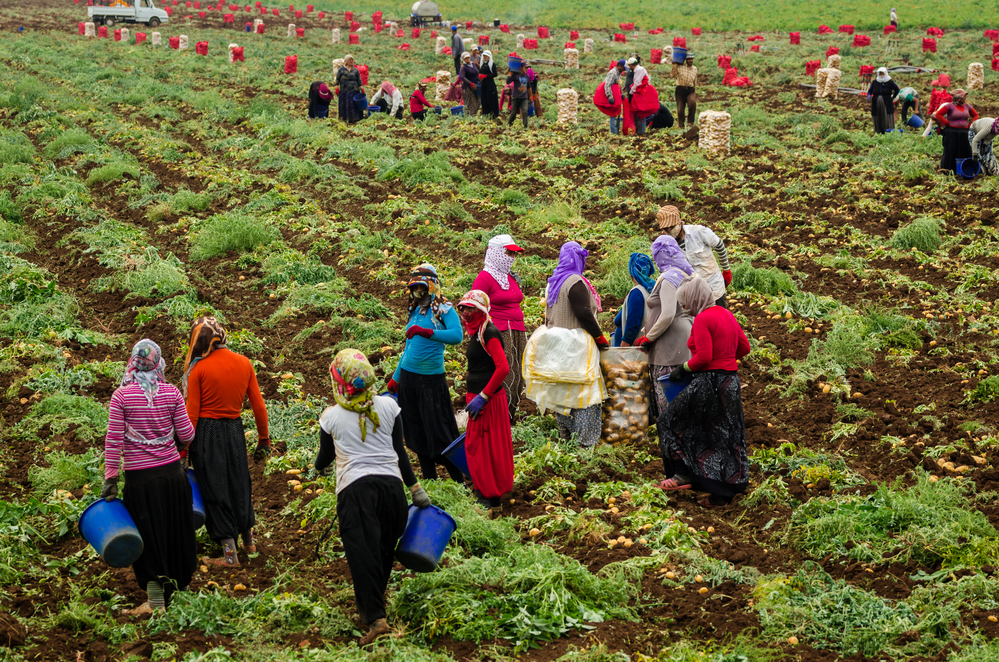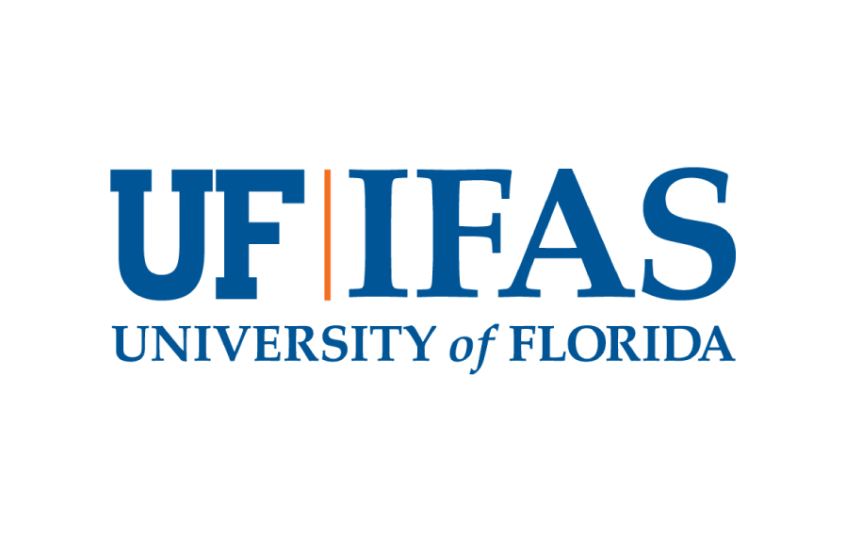WIMAUMA, Fla. — A University of Florida Institute of Food and Agricultural Sciences (UF/IFAS) statewide health initiative will provide health screenings for about 200,000 migrant farmworkers in Florida.
It hopes to provide an underserved population with health-maintenance care, including nutritional information.
It all starts Saturday, Jan. 22 in Wimauma, Florida. Any farmworker can take advantage of the free screenings by going to Beth-El Farmworker Ministry, at 18240 U.S. Highway 301 in Wimauma from 8:30 a.m. to 1 p.m.
Organizers hope to make this a permanent, mobile health clinic to serve farmworkers across the state.

John Diaz, president of CAFÉ Latino – the Coalition of Florida Extension Educators for Latinos, and UF/IFAS assistant professor of agricultural education and communication, is helping organize Saturday’s health fair. He is coordinating the fair with Dr. Norman Beatty, an assistant professor of medicine in the division of infectious diseases and global medicine in the College of Medicine.
“After reading an article on ‘UF at Work’ on the CAFÉ Latino website, I knew immediately I needed to reach out to Dr. Diaz,” Beatty said. “Within days, our partnership sprang into action.”
“Our plan is to continue to offer these health fairs throughout Florida where we are needed the most. Partnering with UF/IFAS, we hope to reach these underserved communities,” he said. “Our strategy is to utilize a mobile approach to health care delivery. This is an essential workforce that often suffers from a lack of resources and significant health care disparity.”
Beatty will screen for diabetes, high blood pressure, obesity, major depression, heart disease and Chagas disease. He is particularly passionate about Chagas.
“Over 300,000 people in the United States are infected, but less than 1% have been diagnosed,” Beatty said. “Chagas is found throughout Mexico, Central and South America. It can be a fatal disease that often goes overlooked among the Latin American population. Early screening and linkage to health care resources can help those at-risk for these diseases receive the care they need and prevent future complications.”
In addition to health screenings, COVID-19 vaccinations will be offered to those who have not been inoculated or need a booster. UF/IFAS Extension and the College of Medicine are coordinating efforts with the UF College of Veterinary Medicine and the Hillsborough County health department.
Beatty and his research assistant, Nelson Alejandro Luque, are happy to collaborate with UF/IFAS to improve farmworkers’ health.
“Through our existing screening program, we have unearthed new cases of these common conditions, including Chagas disease,” Luque said. “We are thrilled to work with Dr. Diaz and UF/IFAS to expand our efforts and reach even more within the farmworker community here in Florida.”










